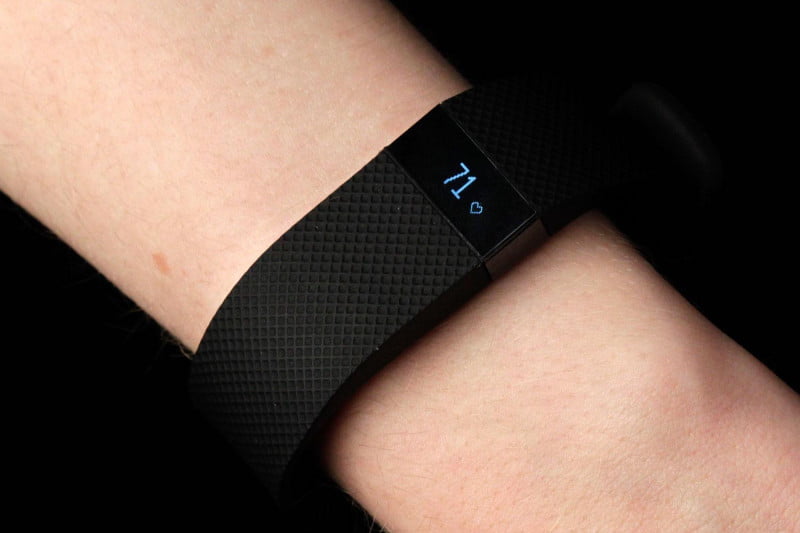
In an effort to significantly raise its profile in the health care field, Fitbit is partnering with Google to improve its ability to share data with medical professionals. The fitness wearable manufacturer will adopt the recently revealed Google Cloud for Healthcare APIs (application programming interfaces), which promises to make sharing fitness and health data safe, easy, and secure.
For Fitbit, this marks the company’s much anticipated move into the broader health care market. It will allow customers to quickly and conveniently share health data with doctors and others in the health care community. It’s also a bid to compete with other wearable manufacturers such as Apple, which already has its own Carekit platform in place on the Apple Watch.
Google’s fledgling Cloud Healthcare service will provide Fitbit users with an online repository to store their data and includes integration with electronic medical record systems. A specially developed dashboard interface will allow users to view the data, but more importantly, it will give doctors the ability to remotely monitor a patient’s condition, check in on fitness levels, and request appointments. The dashboard could also be used to answer medical questions and provide suggestions on how to treat a wide array of health issues. Future updates to the Google APIs may even be able to help diagnose serious ailments in their early stages, which could help avoid complications and treatments later on.

By signing on with Google Cloud Healthcare, Fitbit will be able to connect with electronic medical records systems much more quickly than it could if it developed its own platform independently. The Cloud Healthcare APIs are designed to be easy to use and integrate, and Google officials say the system is fully compliant with the Health Insurance Portability and Accountability Act (aka HIPAA). This should save Fitbit – and presumably other wearable manufacturers – a lot of time and effort when it comes to enabling their devices to communicate with medical professionals.
It is unclear how long it will be before Fitbit begins integrating Google Cloud into its software and devices. It’s also unknown exactly which current Fitbit wearables will be compatible with the system or if we’ll have to wait until next-generation models are released to gain this new functionality.
Editors' Recommendations
- Watch out: Google Drive may have lost months of data
- The Fitbit Luxe helps you manage your stress levels — and look good doing so
- Apple says cloud gaming apps like Google Stadia violate iOS app store rules
- Google pledges not to use Fitbit data for ads to ward off EU antitrust probe
- Google Maps data shows whether people in your area are staying at home


